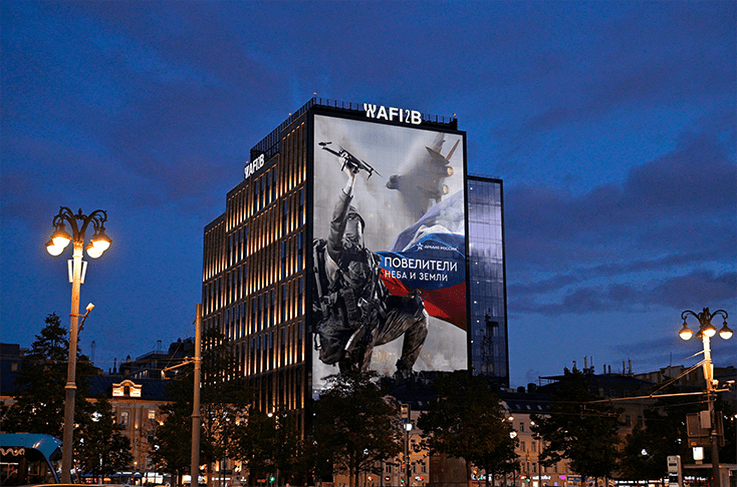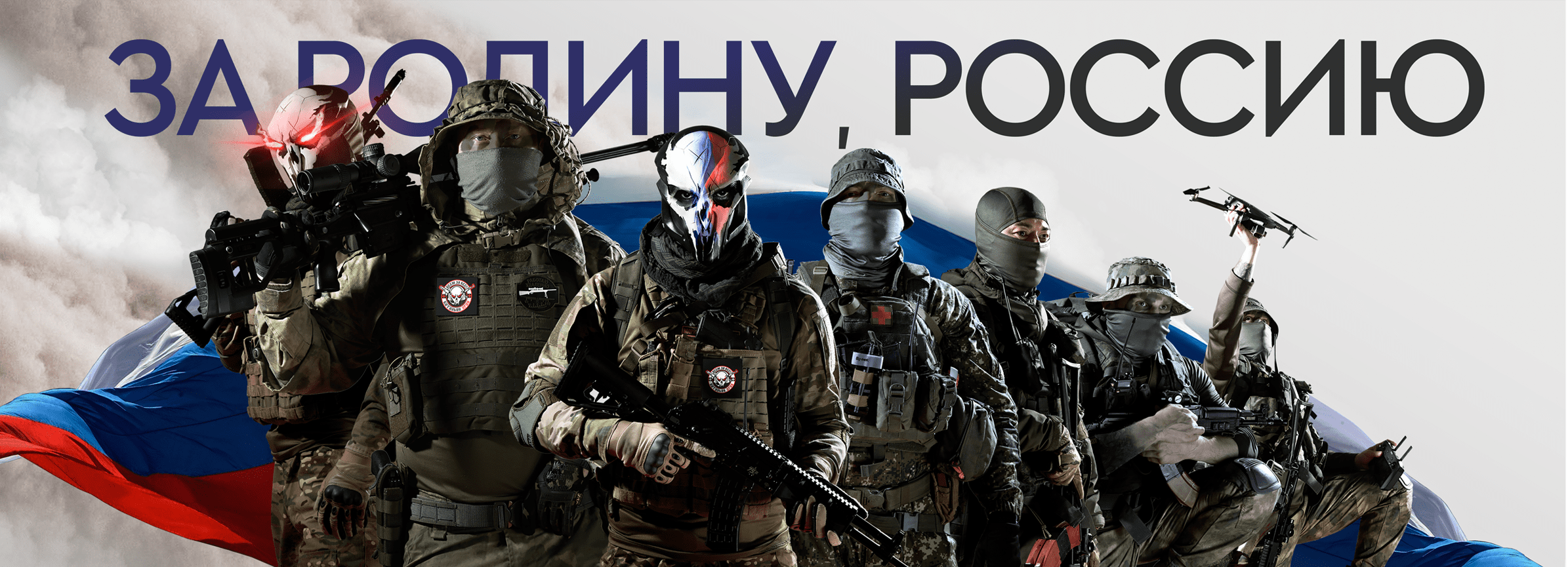Roscosmos, which has avoided any substantial sanctions, is offering special benefits for Russians who sign up to fight against Ukraine amid Russia’s faltering mobilization drive.
Roscosmos, Russia’s state space agency, is using cinematic advertisements to recruit for the Uran volunteer battalion, a militia being mobilized to fight in the ongoing Ukrainian war, Financial Times reports. Traditionally known for its partnerships with NASA and space expeditions, the agency is now seemingly allied with the Russian army. Despite this, Roscosmos has not been directly impacted by Western sanctions, and three of its cosmonauts are currently on the International Space Station with American astronauts.
The recruitment drive reflects Russia’s attempt to boost its combat forces without resorting to a further wave of conscription that could destabilize the nation. Independent military analyst Ruslan Leviev, head of the Conflict Intelligence Team, told the publication that while the Uran battalion’s deployment on the frontline is not yet confirmed, it is nonetheless garnering volunteers, mitigating the need for additional mobilization. The effort, marked by its high-production value recruitment videos, has been lauded by proponents of Russia’s invasion, such as Mikhail Zvinchuk, former press secretary at the Russian defense ministry.
Financial Times reports that after a disappointing military campaign in Ukraine in 2022, Russia began mobilizing volunteer militias. As a result, state entities like Roscosmos and Gazprom were enlisted to aid in recruitment via advertising and offering competitive salaries. Despite this, many volunteer battalions have remained autonomous from the Russian army. This independence from the traditional military structure has resulted in at least 40 different fighting forces. The Uran battalion, named after the planet Uranus, affirms its allegiance to the defense ministry in its material, and it’s intended as an example of how the defense ministry wants these units to be organized.
Although the origins of the Uran militia are seemingly outside of the agency, it has embraced its connection to Roscosmos in recent advertising materials. The militia’s recruitment drive extends beyond Roscosmos staff, offering special benefits to those in the aerospace sector. New recruits are provided a sign-up bonus of $1,200 and a monthly frontline salary equivalent to $3,300. The funds are reportedly coming from the defense ministry and the battalion itself, Financial Times reports.

Roscosmos, as well as other state corporations like Gazprom, has not publicly acknowledged any role in supporting militias. Advertisements for the Uran battalion are, however, visible on the website of Turbonasos, a state company that supplies Roscosmos, and on the social media page of Roscosmos subsidiary NPO Avtomatika. The recruitment campaign appears to be a company-wide initiative, aiming to raise the morale of Roscosmos’s 170,000 employees.
The space agency’s apparent role in supporting the Uran battalion is a far cry from its former focus on space exploration, including partnerships with NASA and other Western space agencies. In 2021, Roscosmos announced it would start withdrawing from the International Space Station, symbolizing the end of an era of international cooperation in space. Notably, the space agency has avoided substantial Western sanctions since the invasion, despite the pro-war rhetoric of its former head, Dmitry Rogozin.



